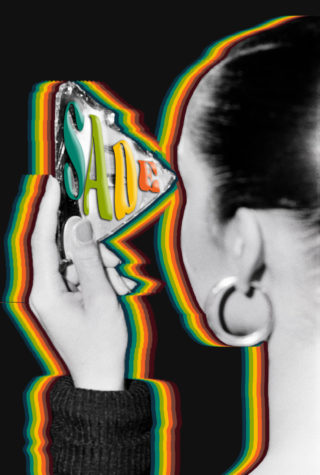Sade: Musician spotlight
February 16, 2022

What better way to celebrate Blackness and all its gifts than by giving flowers to one of the greatest cultural progenitors? Born in Ibadan, Nigeria, Helen Folsade Adu, known as Sade, is the enigmatic lead singer of a band by the same name.
Sade and her band picked up various musical influences being in London in the 1970s: R&B titans like Marvin Gaye and Nina Simone, burgeoning hip-hop from Schooly D and rock bands like The Talking Heads. These influences bred a unique, raw and soulful sonic atmosphere.
“Diamond Life” is an excellent example of that ambience. From the subdued tones of Sade herself, to the luxuriously repurposed grooves of traditional jazz instruments, it set a precedent for a new aesthetic expression of style and love in music. These themes became more polished in Sade’s subsequent releases, “Promise” and “Stronger Than Pride.” Tracks like “The Sweetest Taboo” and “Nothing Can Come Between Us” engulf the listener with their spacious feel.
Sade regales listeners with her intimate thoughts on love, life and beauty: enticing for their genuine nature and intensity but eternal in the effortlessness of their delivery.
These ideas are further escalated on Sade’s fourth album, “Love Deluxe.” This musical success saw the proliferation and adoption of Sade’s own fashion and style, which continued to inspire artists of every genre.
Contemporaries like Esthero added an electronic dimension to music of this style. Hip-hop legend Rakim was inspired by Sade and began cultivating some of the most important landmarks in rap.
Her innovations in the R&B scene carried over in the early 2000s with talents like Goapele and was again revitalized by the early works of The Weeknd. Samples of Sade have found their way into thousands of tracks, from Nipsey Hussle’s “If You Were Mine” to BabySmoove’s “On the Flo.”
It has been 12 years since Sade’s last studio album, “Soldier of Love,” but her teachings of love and individuality have continued to shape generations of Black culture and the many environments in which it dwells.









Leave a Comment